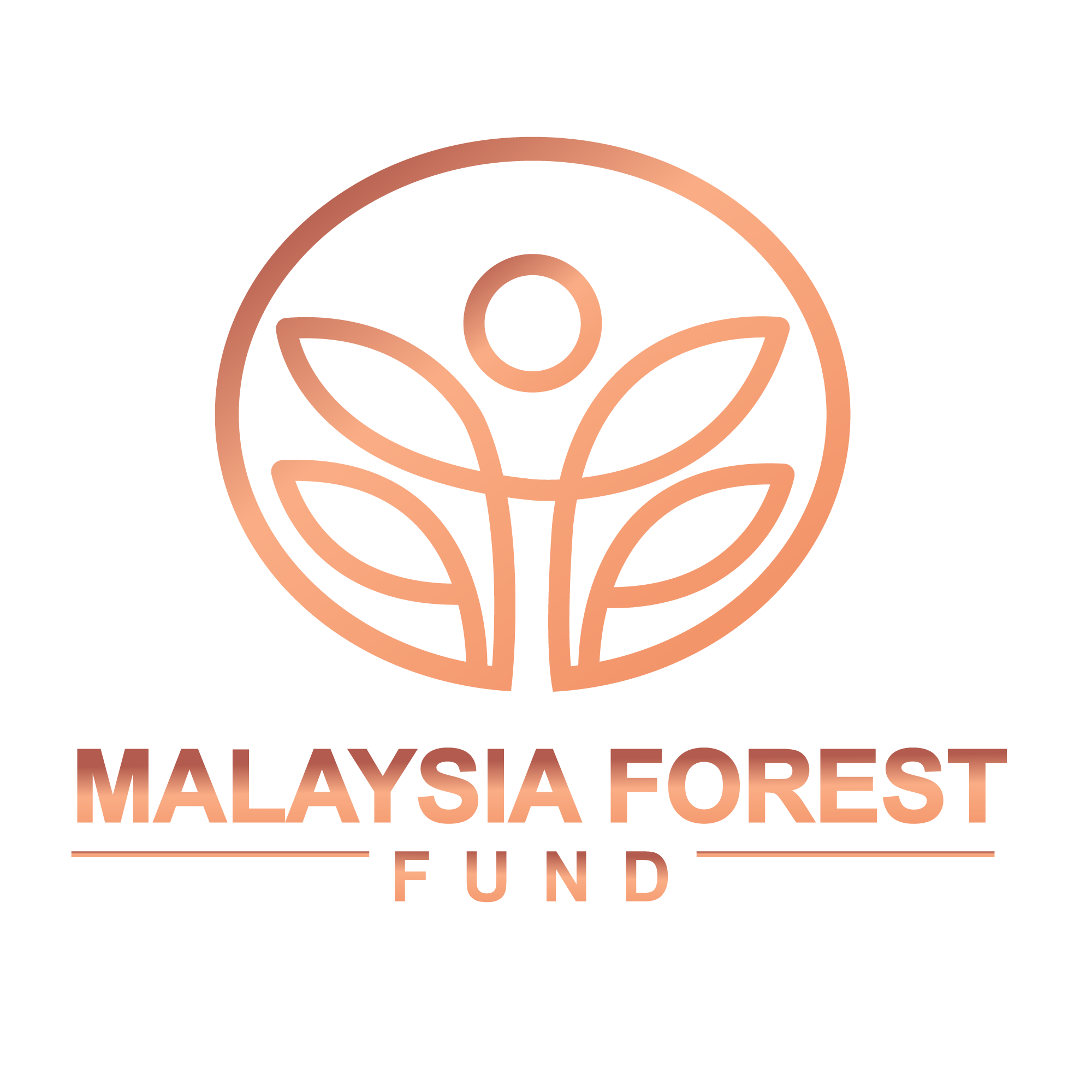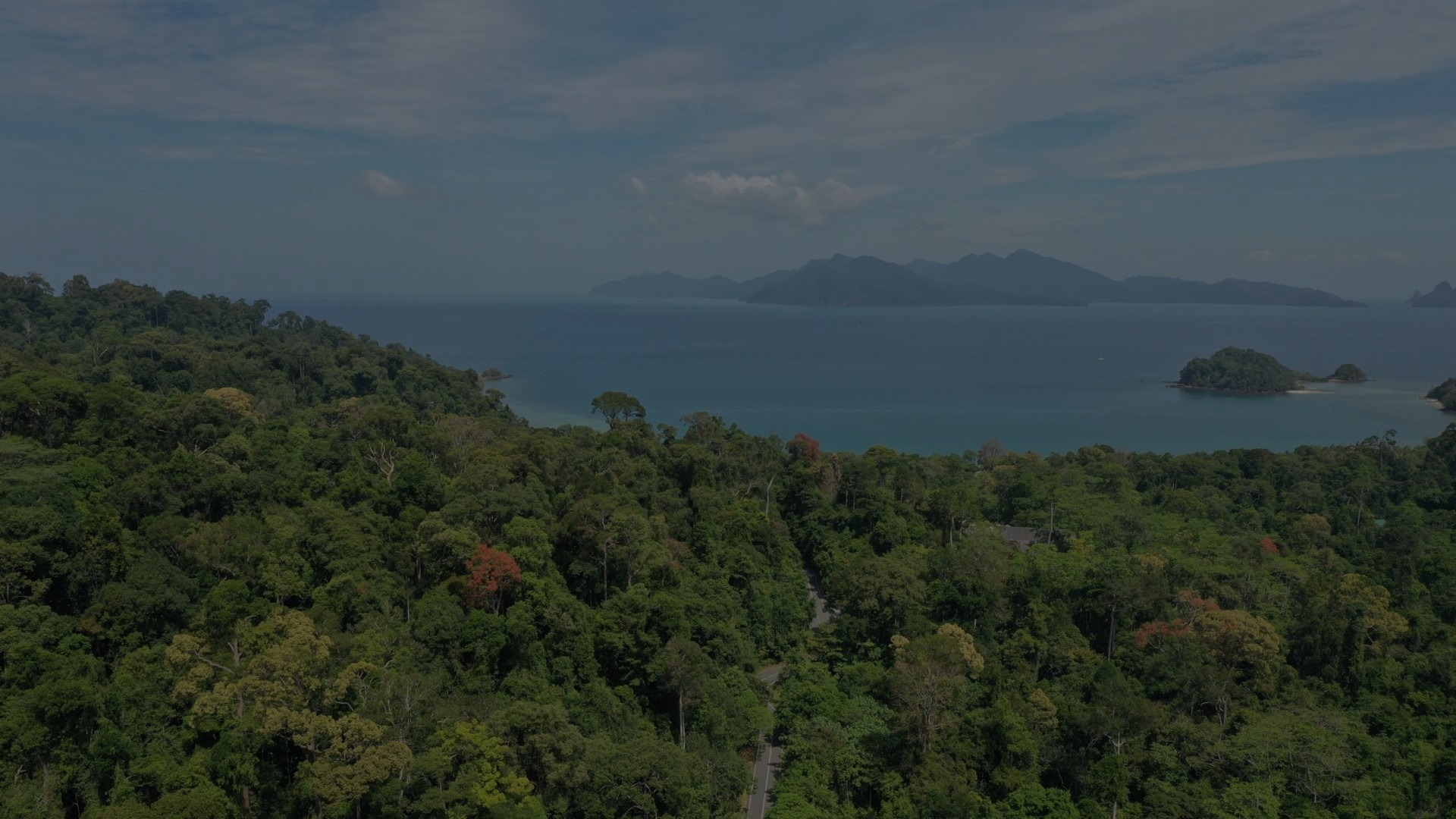The National REDD Plus Strategy (NRS) builds upon existing relevant policies. In the context of NRS, biodiversity refers to natural resources in the forest and their sustainable utilisation. The building block of the Strategy is based upon the best practices related to forest management systems in the country. This Strategy is updated in line with Malaysia’s Nationally Determined Contribution under the Paris Agreement.
The NRS envisioned that to assure that forest resources and their ecosystem services are secured, and the benefits are shared fairly and equitably among all stakeholders. Its goal is that forest will be regarded as natural capital taking into consideration the goods and services they provide by the year 2030.
The main objectives in the NRS are:
1. To promote consistency and synergies in the implementation of climate change, forest and biodiversity related policies between federal and state levels
2. To measure, report and verify (MRV) REDD Plus results and as part of efforts to achieve the Nationally Determined Contribution (NDC); and
3. To develop a sustainable financing mechanism for REDD Plus implementation.
REDD Plus Actions
By implementing the Strategy through REDD Plus Actions, Malaysia will contribute to the following national targets:
- Maintaining 50% forest cover;
- Achieving the NDC pledge made under the UNFCCC’s Paris
- Agreement for the period between 2020-2030;
- Achieving National Policy on Biological Diversity (2016-2025); and
- Forest policies.
Malaysia’s NRS aims at ensuring the forest resources and their ecosystem services are secured, and the benefits are shared fairly and equitably among all stakeholders. This is achieved by recognising the forest as natural capital. The NRS is an ambitious initiative that facilitates transformational change in the forestry sector.
In addition, the NRS also aims at addressing the following:
- Identifying the primary drivers of deforestation and forest degradation;
- Identifying areas of synergy and coherence between the different policies at national and state levels;
- Enhancing the transparency and robustness of the existing MRV system and REDD Plus safeguards;
- Increasing ecosystem resilience to climate change through adaptation measures;
- Enhancing institutional arrangement for mainstreaming REDD Plus activities;
- Developing sustainable financing system for REDD Plus implementation; and
- Collaborating with relevant stakeholders to propose science-based conservation interventions such as legislation, incentive structures and capacity building.
Eligible Activities Under REDD Plus
Once Malaysia has moved past the REDD Plus Readiness phase, satisfying the main elements of UNFCCC Warsaw Framework for REDD Plus, developing countries are encouraged to implement the following eligible activities to achieve their national REDD Plus objectives
- Reducing emissions from deforestation
- Reducing emissions from forest degradation
- Conservation of forest carbon stocks
- Enhancement of forest carbon stocks
- Sustainable management of forests.

